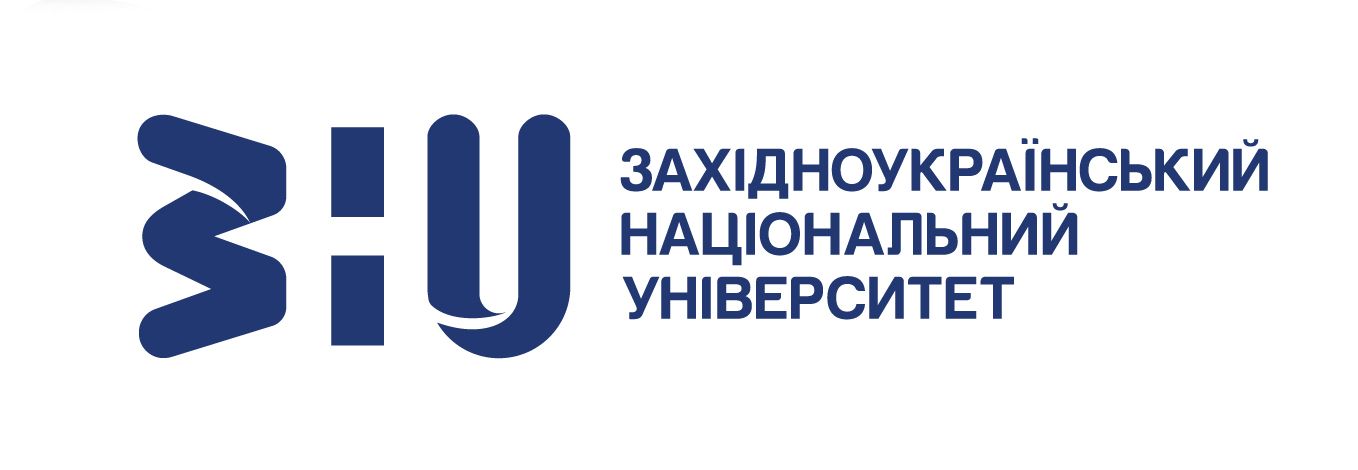NEW PRAGMATIC APPROACH TO FISCALIZATION OF PUBLIC FINANCE
DOI:
https://doi.org/10.35774/sf2021.01.010Keywords:
financial policy, public finance, fiscal space, budget, taxes, state regulation, formal and informal institutes, coincidence theoryAbstract
Introduction. Turbulence in the field of public finance on both national and global scale testifies to the existence of unresolved problems in reconciling the scientific postulates behind transformation and development of the institution of state. Crisis of the early twentieth century and the pandemic of 2019-2020 have revealed the ineffectiveness of liberal models of statehood, thus heightening the urgency of reinforcing scientific efforts directed at studying and fixing the aforementioned issue.
The purpose of the article is to systemize the scientific grounds of the latest theoretical dimensions of the public finance institute and to determine a new pragmatic approach to its fiscalization.
Methods. The methods of dialectic analysis, synthesis and logical generalization, as well as comparison and formalization are used.
Results. The essential parameters of the relationship between global crises and changes in the technological framework have been revealed. Financial policy is viewed as the art of managing finance with the purpose of creating conditions for sustainable socio-economic develop ment. The contradictions accumulated in the field of public finance and fiscal space have been analyzed and the evolution of the institution of state has been traced. It has been proven that in view of the new directions of societal development precipitated by the globalization crisis and the pandemic it is advisable to determine a new pragmatic approach to fiscalization of public finance, which would be defined by values, formal and informal institutions, and policy based on the main features of the coincidence theory.
References
Kolodko, G. (2009). Mir v dvizhenii [World in motion]. Moscow: Magistr [in Russian].
Kizyma, T. O., Kravchuk, N. Ya., Horyn, V. P. Kyrylenko, O. P. (Ed.). (2013). Finansy zarubizhnykh krain [Finance of foreign countries]. Ternopil: Ekonomichna dumka [in Ukrainian].
Dluhopolskyi, O. V. (2007). Teoriia ekonomiky derzhavnoho sektory [Theory of public sector economics]. Ternopil: Ekonomichna dumka [in Ukrainian].
Sutormina, V. N. (1983). Finansy kapitalisticheskikh gosudarstv [Finance of capitalist states]. Kyiv: Vyshcha shkola [in Russian].
Sutormina, V., Fedosov, V., Andrushchenko, V. (1992). Derzhava – podatky – biznes (iz svitovoho dosvidu fiskalnoho rehuliuvannia rynkovoi ekonomiky) [State – taxes – business (from global experience of regulating market economy)]. Kyiv: Lybid [in Ukrainian].
Osmova, M., Boichenko, A. (Ed.). (2006). Globalizatsiya mirovogo khozyaystva [Globalization of world economy]. Moscow: ІNFRA-M [in Russian].
Shyshkov, Yu. (2010). Gosudarstvo v epokhu globalizatsii [State in the era of globalization]. Mirovaya ekonomika i mezhdunarodnye otnosheniya – World Economy and International Relations, 1, 3–13 [in Russian].
Andrushchenko, V. (2000). Finansova dumka Zakhodu v XX stolitti (Teoretychna kontseptualizatsiia i naukova problematyka derzhavnykh finansiv) [Financial thought in the West in the 21st century (Theoretical conceptualization and scientific problems of state finance)]. Kyiv: Kameniar [in Ukrainian].
Sachs, J. D. (1996). Makroekonomika. Globalnyi podkhod [Macroeconomics. Global approach]. (S. Movshovych, A. Frydman, M. Levyn, Trans.). Moscow: Delo [in Russian].
Tymokhina, E. (2011). Analiz ustoychivosti Federalnogo byudzheta Rossii v period krizisa [Ananlysis of the stability of the Russian federal budget in period of crisis]. Voprosy ekonomiki – Economic Issues, 1, 26–38 [in Russian].
Kopits, G., Symansky, S. (1998). Fiscal policy rules. Occassional Papers, 162, 45.
Auerbach, A. (1999). On the performance and use of government revenue forecasts. National Tax Journal, (4), 767–782 (Vol. 52).
Kolodko, G. (2011). Globalizatsiya, transformatsiya, krizis – chto dalshe? [Globalization, transformation, crisis – what’s next?]. Moscow: Magistr [in Russian].


